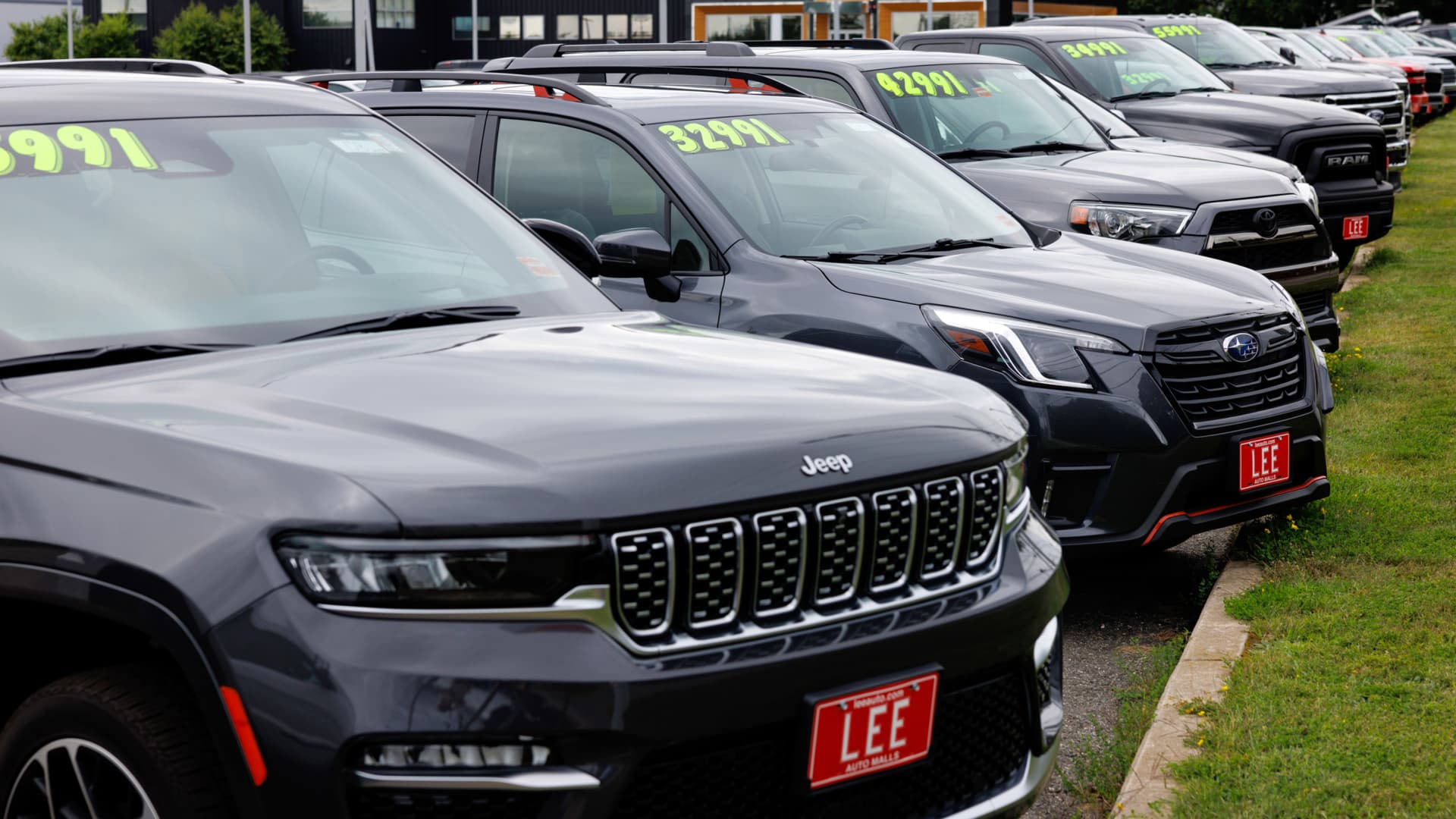Millions of gig workers could qualify as employees under new Biden-era rule
The rule will “help create a level playing field for businesses, protect workers from being denied the right to fair pay, and affirm the vital role true independent contractors play in our economy by allowing them to thrive,” acting labor secretary Julie Su told reporters on a call Monday.
The rule is to be published Jan. 10 and would take effect on March 11, officials said.
Backed by labor advocates, the rule is expected to face an onslaught of legal challenges from companies. It has faced extensive criticism from businesses and industry groups, including those representing Uber, Lyft, DoorDash, and other ride-share and delivery platforms. But labor officials say they have carefully considered possible litigation and are confident that the rule would withstand a court challenge.
The rule revives an Obama-era test for determining whether a worker is an employee or an independent contractor who is self-employed under the Fair Labor Standards Act of 1938. The review considers six factors, including how much control an employer has over working conditions, a worker’s financial investment in their job and any opportunities a worker has for turning a profit.
The new rule rescinds a Trump-era rule from 2021 that made it easier for employers to classify workers as independent contractors, marking one of the most expansive regulatory actions taken by the Biden Labor Department so far.
The measure is a win for Su, who has faced an uphill battle in securing confirmation in the Senate. Industry groups have fiercely opposed her, especially her position about who qualifies as an independent contractor. In California, where she served as labor commissioner, she oversaw changes making it harder to classify workers as independent contractors.
The Biden administration launched a second attempt to nominate Su as labor secretary on Monday, though her path forward remains uncertain.
When the Biden administration first announced the rule in October 2022, Uber and Lyft’s market values fell on investor fears that higher labor costs would eat into company profits.
The Flex Association, a trade group that represents Uber, Lyft and other gig companies, has argued that most app-based workers prefer to remain independent contractors to preserve “the flexibility and freedom to choose when, where, and how often to work.”
Jessica Looman, the Labor Department’s administrator of the wage and hour division, told reporters that the division, which enforces the independent contractor rule, would focus on protecting “the most vulnerable, essential workers.”
One of the biggest changes from the Trump administration’s rule has to do with the factors that get priority in determining a worker’s status. Under the 2021 rule, two factors mattered most — how much control a company has over its workers and how much “entrepreneurial opportunity” factored into the job.
The Biden administration called that way of looking at workers “not consistent with the law and long-standing judicial precedent” and restored the Obama-era rule. In effect, the new rule will make it easier for a wider range of workers to gain employee status, including nail salon technicians, landscaping workers, home health aides, retail workers, call center workers and security guards.
Labor advocates say this change will make a substantial difference in pay and benefits. A 2023 analysis by the Economic Policy Institute, a nonprofit think tank, found that a typical construction worker classified as an independent contractor earned $16,700 less a year in income and benefits than they would as an employee, while a typical home health aide took home $9,500 less in income and benefits.
Labor experts say independent contractors have occupied a greater share of the economy since the 2000s, with the rise of app-based work on gig platforms such as Uber and Lyft. A 2021 survey from the Pew Research Center found that 16 percent of Americans had earned income at some point from an online gig platform, such as ride-hailing apps or services that deliver food or groceries.







